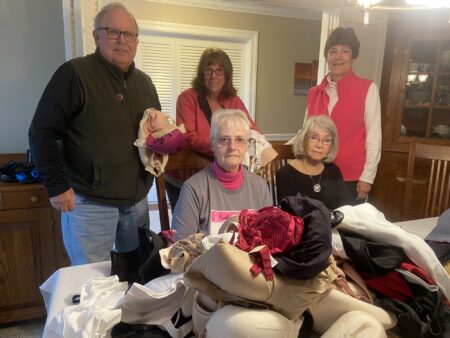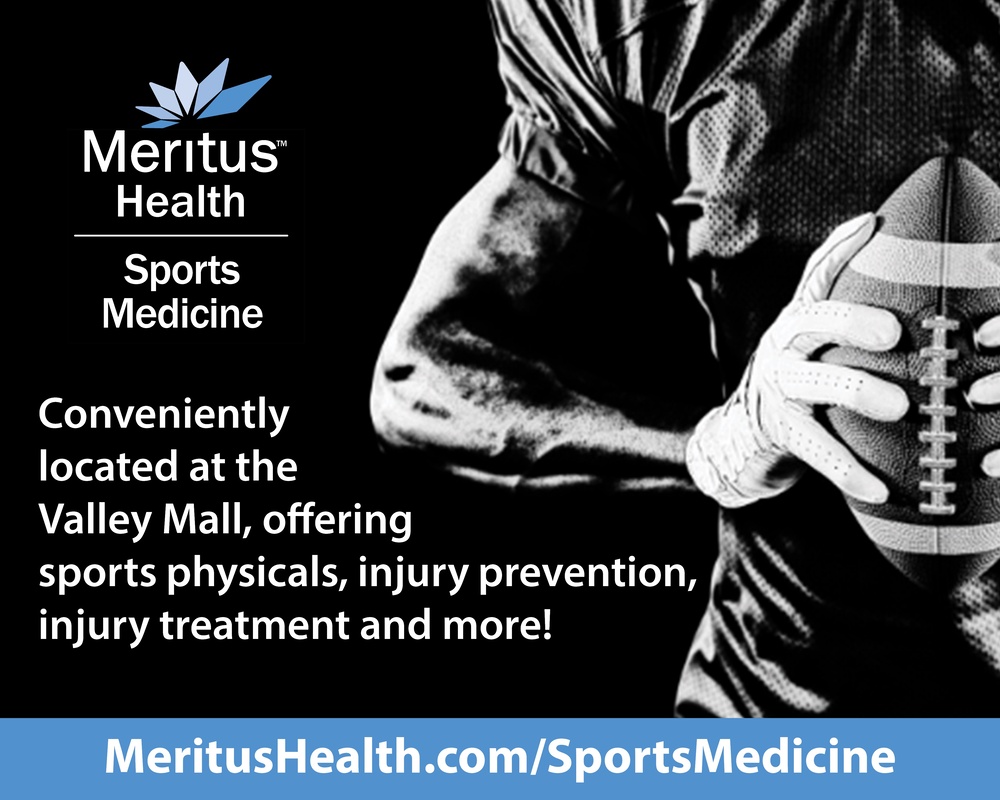HARRISBURG– State officials urge Pennsylvanians to pay attention to weather forecasts and remain alert for rapidly changing conditions and brutal cold this holiday weekend.
“Many people are traveling to spend time with friends and family this weekend, so it’s important to know the forecast for your home, your destination and points along your intended travel route,” said PEMA Director Randy Padfield. “We can’t control the weather, but we each can control how informed and prepared we are, so that we can make decisions that keep our loved ones safe.”
Storm brewing
According to the National Weather Service, a dangerous winter storm arriving Thursday will bring numerous hazards from west to east across the state, including icing, snowfall, a flash freeze, and dangerous winds and cold that will last through the weekend.
Thursday morning, we can expect ice and snow, particularly in the central and northern mountains. Throughout the day temperatures will rise, bringing rain statewide and the threat of isolated flash flooding for central and eastern Pennsylvania overnight into Friday.
A dramatic drop in temperatures Friday morning and early afternoon could cause of a flash freeze, meaning any water left on the roadways or sidewalks will quickly freeze and make travel difficult.
Strong winds gusting up to 50-60 miles per hour could also bring down power lines and tree limbs. Wind chills will reach negative teens and 20s Friday night, creating hypothermia and frostbite hazards.
Homeowners should also be aware of the threat of frozen water pipes.
The dangerous cold and windy weather will continue into Sunday, for the Christmas holiday. For northwestern Pennsylvanians, lake effect snow will kick in on Friday with blowing and accumulating snow lasting into Sunday.
Use caution on roadways
“We know that many Pennsylvanians are looking forward to their holiday plans,” said PennDOT Secretary Yassmin Gramian. “If you’re planning to travel, don’t forget to check 511PA.com or the 511PA smartphone app for the latest weather and travel information. The PennDOT team is ready and will work before and throughout the storm to help keep motorists safe during this busy travel season.”
Because temperatures will be very low, the potential for icy roads is high, and PennDOT urges motorists to avoid travel if possible. But if travel is necessary, use caution, reduce speeds and be aware of changing weather conditions.
PennDOT has been pre-treating roadways to help prevent ice from forming a bond with the pavement during the early stages of a storm. However, salt is not a silver bullet, and drivers may encounter icy spots on the roadway. With freezing temperatures, roads that look wet may actually be icy, and extra caution is needed when approaching bridges and highway ramps where ice can form without warning.
If motorists encounter snow or ice-covered roads, they should slow down, increase their following distance and avoid distractions. Last winter in Pennsylvania, preliminary data shows that there were 151 crashes resulting in three fatalities and 81 injuries on snowy, slushy or ice-covered roadways where aggressive driving behaviors such as speeding or making careless lane changes were factors.
To help make decisions regarding winter travel, motorists are encouraged to “Know Before You Go” by checking conditions on more than 40,000 roadway miles, including color-coded winter conditions on 2,900 miles, by visiting www.511PA.com. 511PA, which is free and available 24 hours a day, provides traffic delay warnings, weather forecasts, traffic speed information and access to more than 1,000 traffic cameras. Users can also see plow truck statuses and travel alerts along a specific route using the “Check My Route” tool. 511PA is also available through a smartphone application for iPhone and Android devices, by calling 5-1-1, or by following regional Twitter alerts.
Stay warm, stay clear, stay safe
“This upcoming frigid weather will create safety hazards, so it is important to bundle up to stay safe if you must go outside,” Acting Secretary of Health and Pennsylvania Physician General Dr. Denise Johnson said. “To avoid frostbite and hypothermia, I advise you to cover all exposed skin, dress in layers, wear water resistant clothing to stay dry, drink warm beverages and take frequent breaks from the cold. Please keep an eye on yourself and your neighbors for effects of freezing temperatures. If anyone starts to continuously shiver, they should go inside, as that is their body’s way of saying it is getting too cold.”
The PSP reminds motorists that Pennsylvania has a new law requiring snow and ice removal from motor vehicles and motor carrier vehicles. The law says drivers must reasonably attempt to remove accumulated snow and ice from hoods, trunks and roofs within the 24 hours following a winter storm. Drivers face a $50 fine if the buildup endangers people or property, regardless of whether any anow or ice was dislodged.
State law also makes it unlawful to drive a motor vehicle if ice or snow on the windshield, rear window, or side windows obstructs, obscures or impairs the driver’s clear view of the highway or any intersecting highway.
Pennsylvania’s Move Over Law requires drivers who are approaching an emergency response area and are unable to safely merge into a lane further away to slow at least 20 mph under the speed limit. Emergency response areas include tow trucks that are assisting disabled motorists.
Finally, headlights must be turned on any time the windshield wipers are being used continuously or intermittently for precipitation such as rain, snow or sleet.
The State Police urges drivers to postpone any travel that isn’t absolutely necessary. If you must travel, make sure someone knows where you are going and when you expect to arrive. Be sure to have your cell phone and a charger. Check weather forecasts and travel advisories before you walk out the door.
Travelers should be sure to pack an emergency travel kit. The kit should include a flashlight with fresh batteries, jumper cables, first aid supplies, blankets, cell phone charger, bottled water, and non-perishable foods. Families who must travel with infants or pets should consider extra formula or pet food.
Protect pets and livestock
“Snow, ice, and freezing temperatures could make this a dangerous and costly winter storm for Pennsylvanians who aren’t prepared for closed roads and high winds,” said Agriculture Secretary Russell Redding. “We urge those in the agriculture industry, as well as pet owners, to plan ahead to minimize risks for your animals and your facilities. Provide shelter for livestock and pets, stockpile feed, monitor your buildings for wind damage or ice and snow accumulation.”
Redding provided the following pet and livestock safety tips:
- Protect animals from the wind.
- Provide adequate clean, dry bedding.
- Keep animals clean and dry to maximize the insulating properties of their coats.
- Change water often to prevent it from freezing. Pets need water to prevent dehydration, which can contribute to hypothermia.
- Provide additional feed, including hay and grain, to livestock. Ensure that it remains unfrozen.
- Never leave pets in parked cars. Parked cars amplify the effects of cold weather.
- Contact your veterinarian if your animals show signs of hypothermia including shivering, lethargy, low heartrate and unresponsiveness.
- Monitor buildings – especially those with gently-pitched roofs – and remove accumulated snow, ice, and overhanging limbs to prevent collapse.
For more information on safe winter travel, an emergency kit checklist and information on PennDOT’s winter operations, visit www.PennDOT.pa.gov/winter. Additional winter driving and other highway safety information is available at www.PennDOT.pa.gov/safety.





















